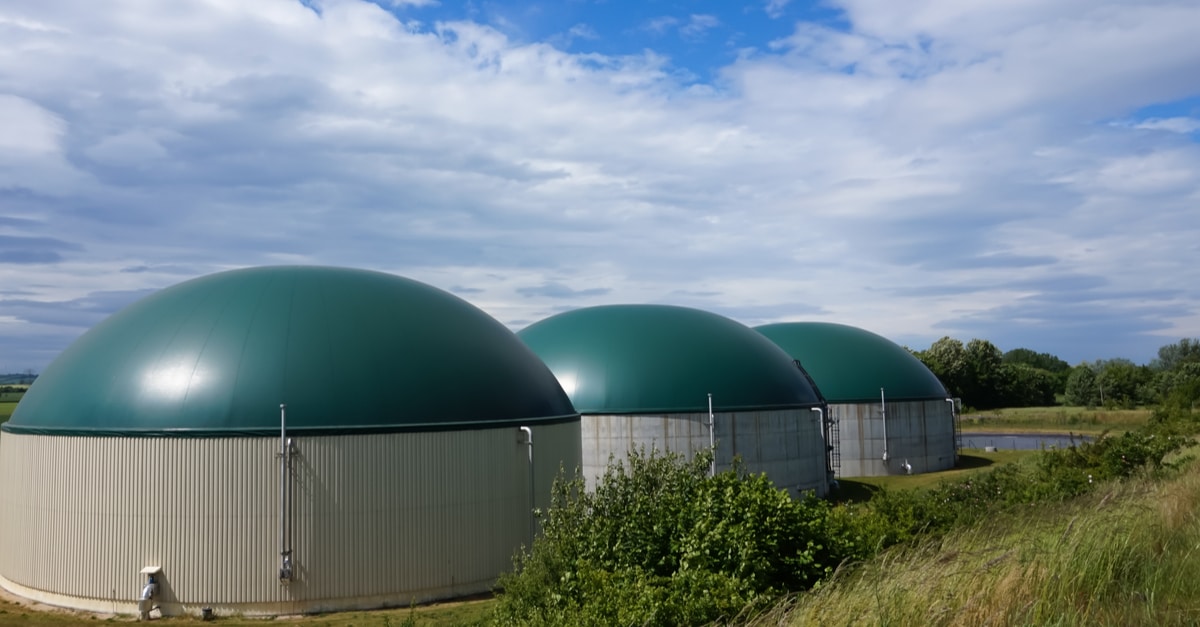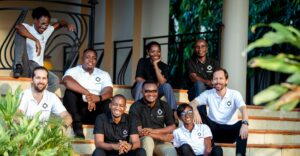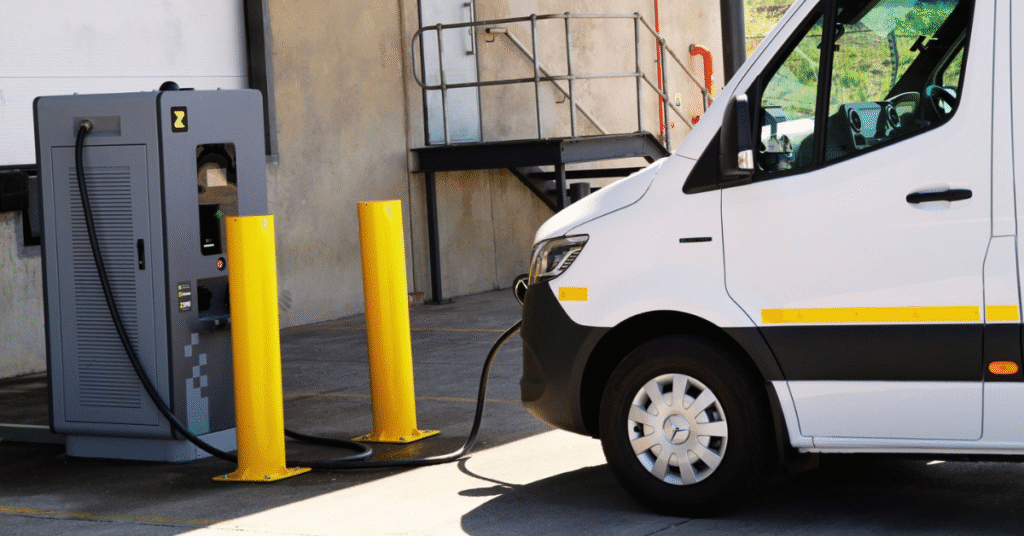
Egyptian-based logistics startup Trella raises $3.5 million for scaling
Trella, an Egyptian-based logistics startup, has raised $3.5 million in a recent funding round led by Avanz Capital.
The Empower Africa Business Platform is Now Live !!!

Climate Fund Managers (CFM) and Ivorian energy company Société des Energies Nouvelles (SODEN) have entered into a $3 million development funding agreement to advance the Divo Biomass Project.
This initiative aims to establish the world’s first grid-connected power plant that converts cocoa waste into renewable energy.
The Divo Biomass Power Station, situated approximately 200 kilometres northwest of Abidjan in the cocoa-rich region of Divo, is designed to produce 76 megawatts (MW) of electricity.
By utilizing cocoa pod husks, bean shells, and other agricultural residues, the plant will transform waste into a valuable energy resource.
This approach not only addresses waste management issues but also provides a new income stream for cocoa farmers, who currently see over 13 tonnes of waste per tonne of harvested cocoa left unused, often leading to methane emissions and plant diseases.
The project’s funding is sourced from CFM’s Climate Investor Two (CI2) fund, a blended finance facility that combines public and private investments to support infrastructure projects in emerging markets.
The initial $3 million from the Development Fund will cover early-stage activities such as technical design, environmental assessments, and securing necessary permits.
An additional equity investment of up to $35 million from the Construction Equity Fund is anticipated at the project’s financial close in 2026.
Darron Johnson, CFM’s Regional Head for Africa, emphasized the importance of blended finance in realizing complex infrastructure projects in frontier markets like Côte d’Ivoire.
He noted that public capital plays a crucial role in mitigating early-stage risks, thereby attracting private investments to scale up clean energy solutions and improve rural livelihoods.
The Divo project is expected to have a substantial environmental and social impact. Upon completion, it aims to supply renewable electricity to approximately 1.4 million people and support around 36,000 cocoa farmers with additional income sources.
Moreover, the plant is projected to prevent the emission of 300,000 tonnes of carbon dioxide equivalent annually starting from 2029.
climatefundmanagers.com
This initiative aligns with Côte d’Ivoire’s broader energy strategy, which includes increasing the share of renewable energy in its national grid.
The Divo Biomass Project exemplifies how innovative financing and sustainable practices can converge to create impactful solutions in the fight against climate change.
As the project progresses towards its expected commissioning in 2028, it sets a precedent for similar waste-to-energy initiatives in other cocoa-producing regions.
“We are delighted to partner with ISA to support the development of solar energy in Africa,” said Alain Ebobissé, CEO of Africa50. “This partnership will help to accelerate the deployment of solar energy in Africa and improve the lives of millions of Africans,” he added.

Trella, an Egyptian-based logistics startup, has raised $3.5 million in a recent funding round led by Avanz Capital.

Ghanaian energy technology startup Kofa has raised $8.1 million in a pre-Series A funding round aimed at scaling its battery-swapping network across cities in Africa.

BasiGo, a Kenyan electric bus company operating in Kenya and Rwanda, has announced a $5 million debt financing agreement with British International Investment (BII), the UK’s development finance institution and impact investor.
